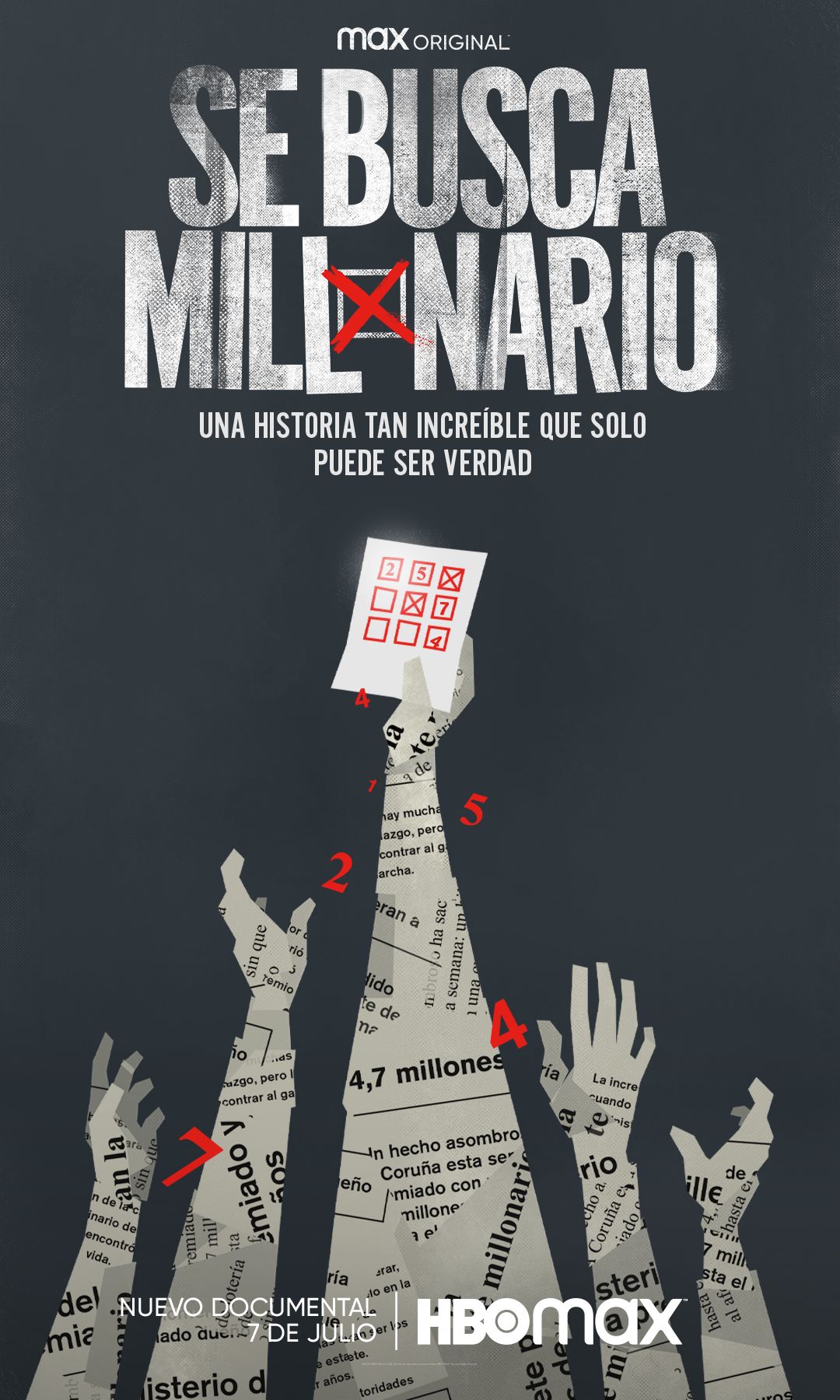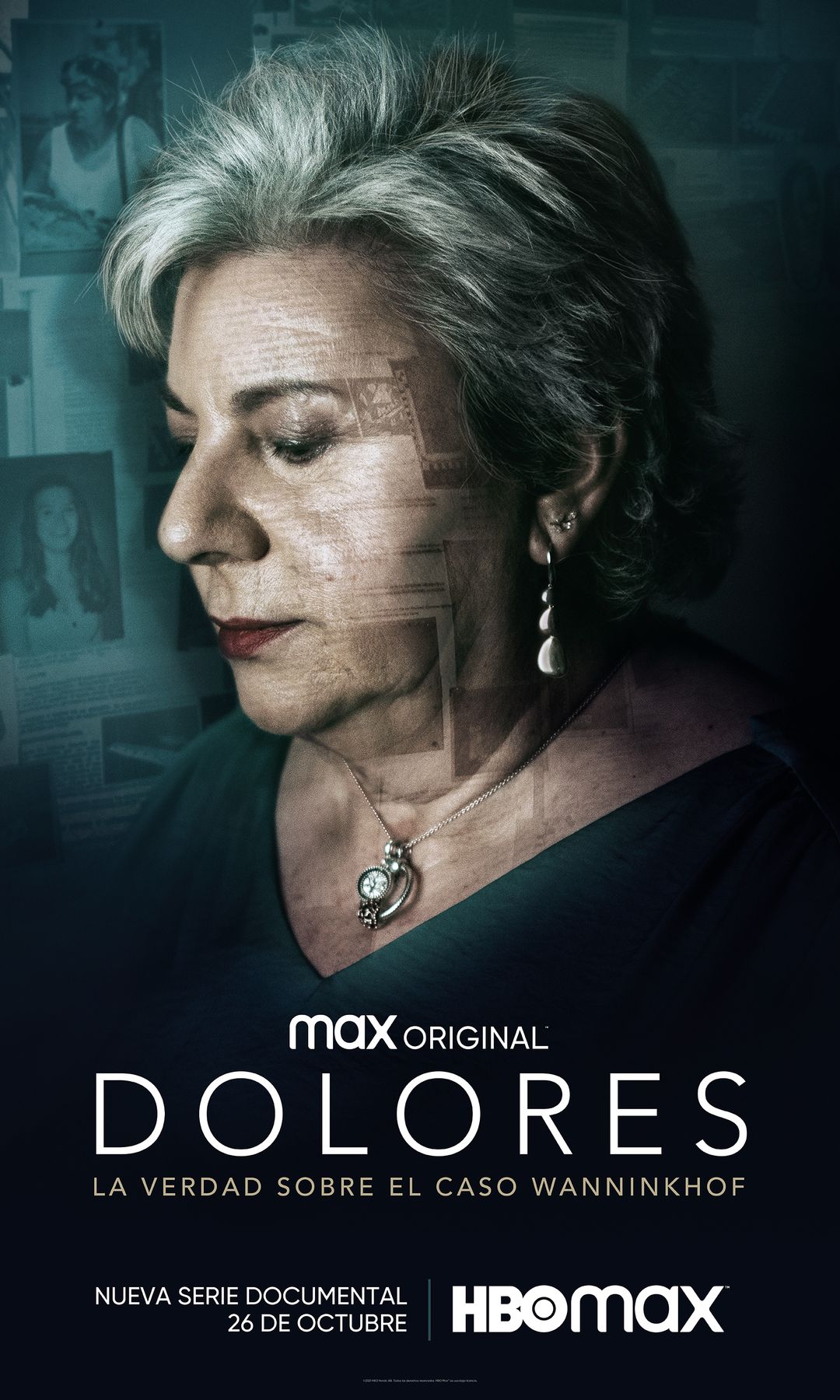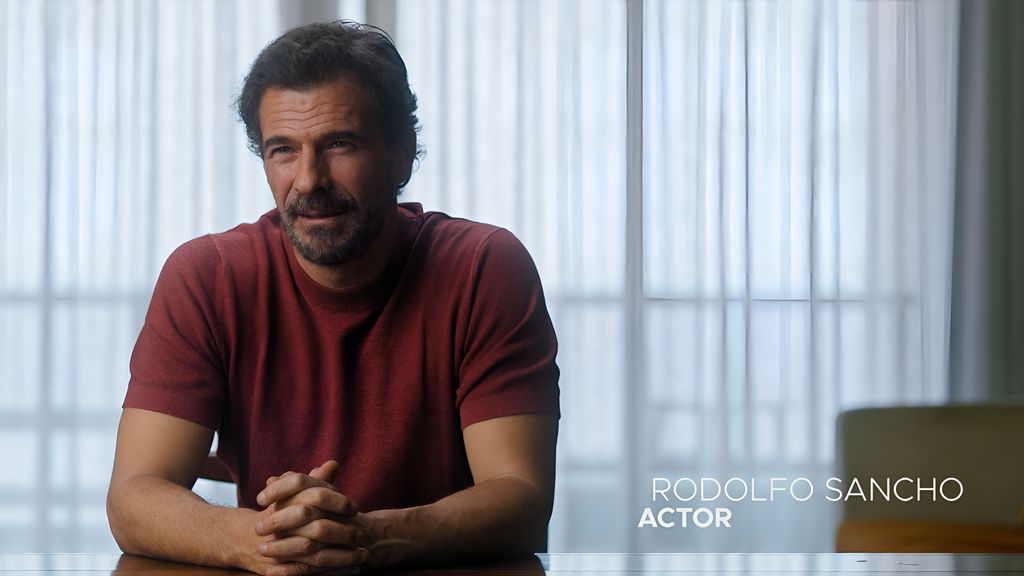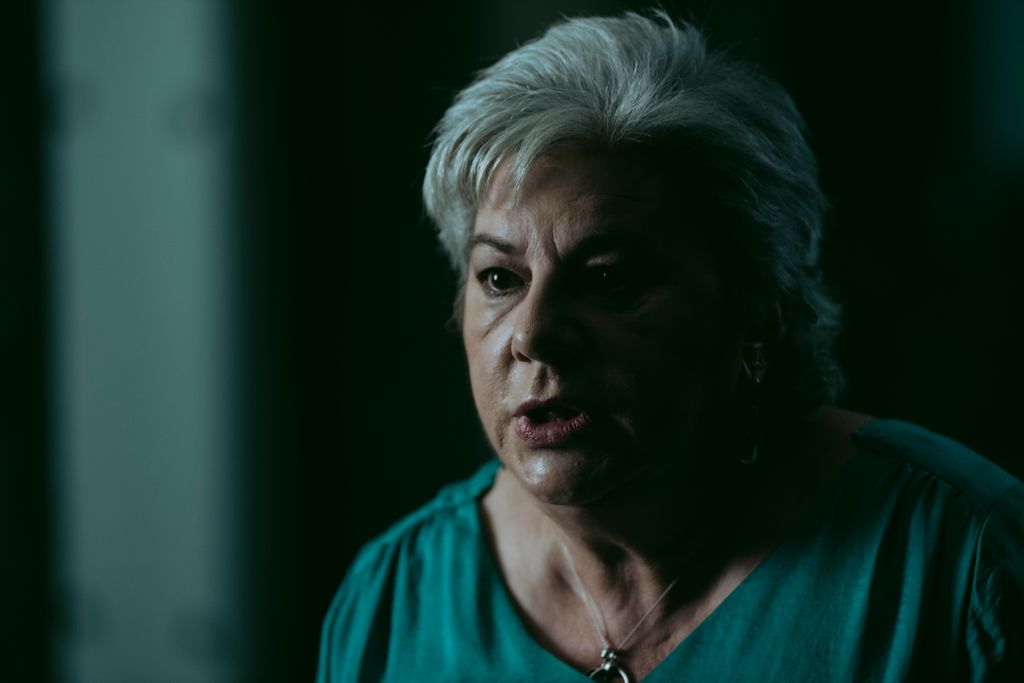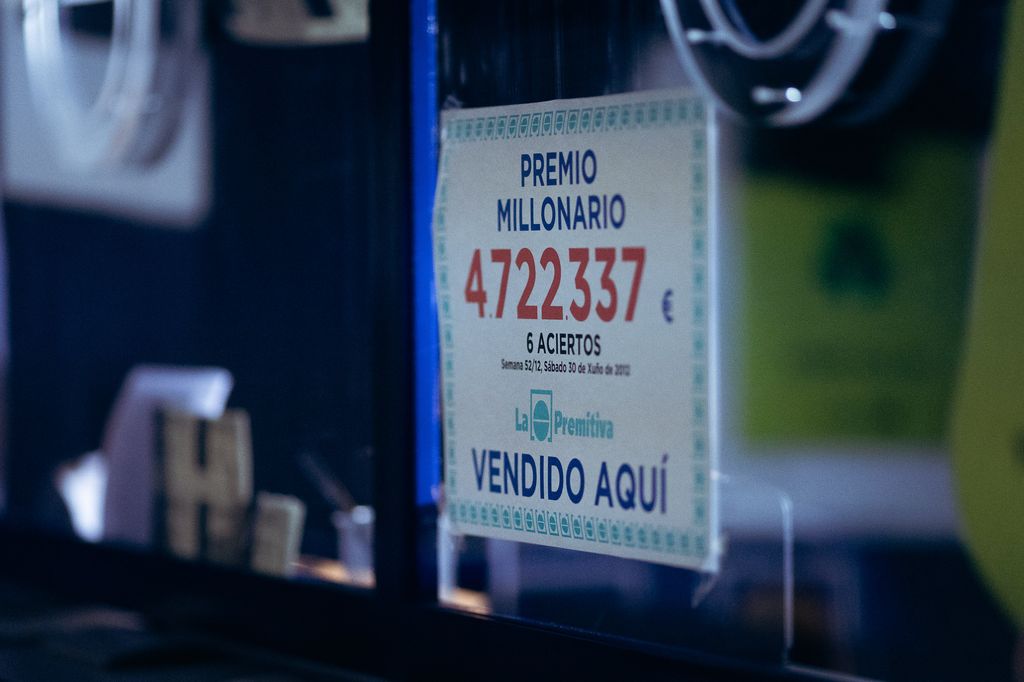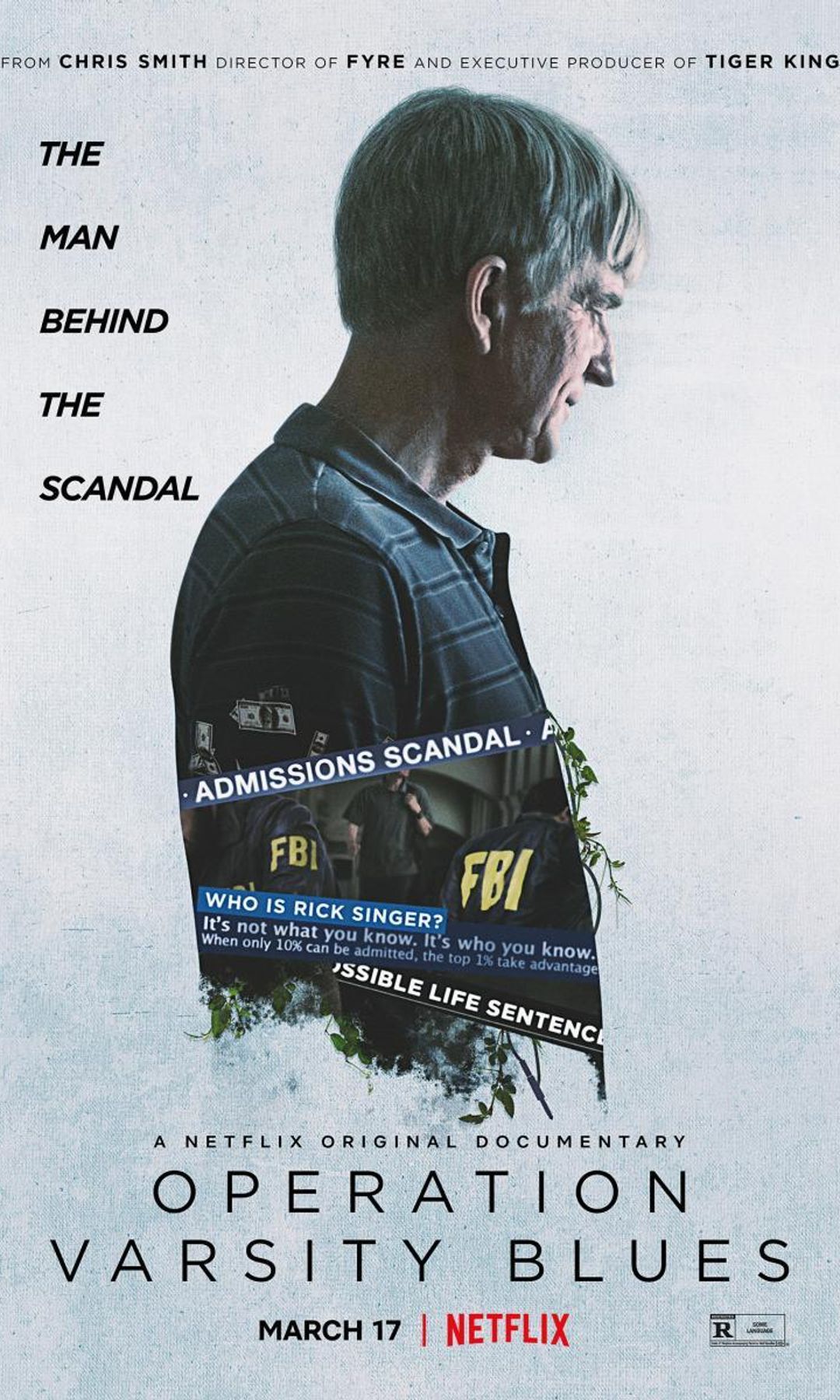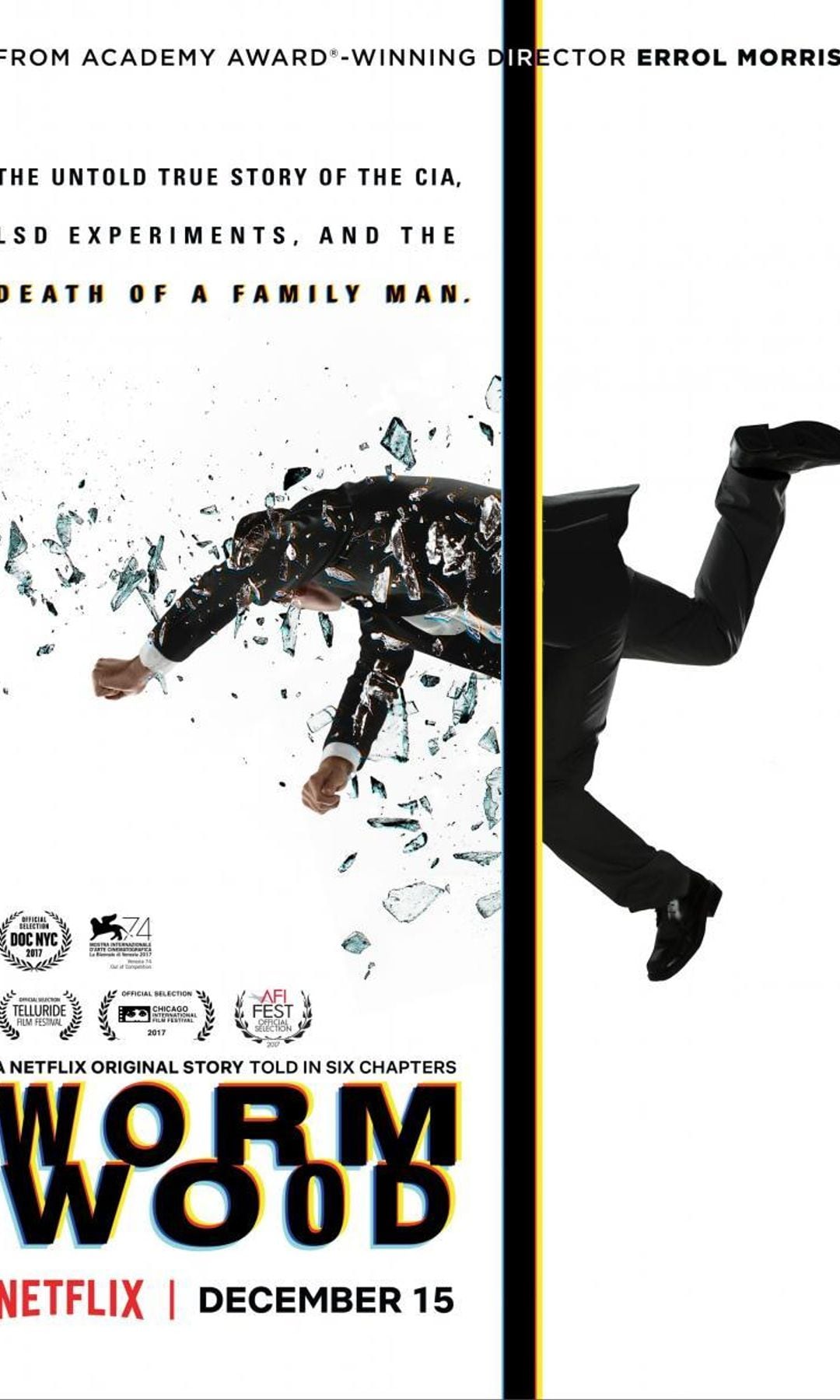Although true crime literature was born several centuries earlier and has traditionally been pointed to the work that Truman Capote wrote in 1965, In cold blood, As the birth of the modern genre, it is evident that interest in this type of stories was born thanks to the proliferation of entertainment platforms. The English expression true crime It became common in 2020, those who watch over the use of Spanish warned that we should replace it with “based on real crimes” and the commitment to all types of formats continued to grow unstoppably. It’s a boom passenger? What do those who dedicate themselves to this see? What will be next? We spoke with Susana López Raña, events journalist, creator and director of Millionaire wanted (Max) and deputy director and person in charge of the investigation of Dolores, the truth about the Wanninkhof case (Max).
‘A true crime cannot cause more pain to the victims, it has to open certain reflections in society, above mere entertainment.’
What is the reason for the proliferation and determined commitment of platforms and television networks to stories based on real crimes?
Evil fascinates. Viewers want to know why, why a murderer kills. At the judicial level, the why is not important, what is analyzed are the events that occurred, but people want to know the reasons, because a terrible act is committed, so the true crime They analyze more deeply the mind of the murderer. The value is that they are stories that can happen to anyone, they have impact, closeness and, above all, truth, soul. Now they are also betting on the complete package, a fiction series and a documentary about the same story. There is also an “entertainment” factor, the viewer is not only looking for information and the true crime It is a product that not only offers you the rigorous documentary part based on real events, it does so in an attractive way with fictional recreations, with script twists that captivate the viewer and this makes it a complete product. On the other hand, there is also an interest in doing justice, seeking the truth, becoming a kind of investigator through various episodes to draw our own conclusions and the true crimeespecially documentary series, allow the viewer to delve into the stories in a more real way.
What do you value when choosing a good story?
When it comes to buying a story, platforms have recently been betting on cases that make noise when promoting them, but it is impossible to always make cases that are very high-profile, so the important thing is a good story and have something new, because many times stories are told that are already known to the viewers, so we look for another point of view, such as a testimony that has never spoken, which is the case of Dolores, the truth about the Wanninkhof case (Max). They can also be new documents that provide another vision of the investigation or you can play by changing points of view: sometimes the narrator is the victim, other times the accused or the investigator, it is a way of telling the same story in a different way. In addition toAlthough they are real stories and adjusted to the facts, you have to keep the viewer “tied to the chair” and wanting to see the next episode, for that you need a story with good script twists, suspense, tension, mystery and that the plots Advance through the different episodes until the end.
¿The Sancho Case (Max) is an example of true crime that works because of an unpublished testimony, that of Rodolfo Sancho?
It has all the ingredients. A young boy, a foreign country, the son of a famous actor and accused of terrible acts that can lead to the death penalty. In addition to a staging of the Thai police typical of a movie. All this makes it a media case and the more the case is talked about in the media, the more interest it arouses in viewers. But, above all here, I think the key is that the murderer, who has now been convicted, is the son of a well-known celebrity in our country. If he were the son of a stranger, perhaps the case would have been talked about, but not with such great media coverage.
How do you work on a case that is being investigated in real time?
A true crime Real time has its pros and cons. On the one hand, you need longer production times, because you have to do a real follow-up of the facts, whether it is the investigation or the trial of a case, this can even take years and the platforms are not always willing to do this type betting at the budget level. But if you have a good character who wants to tell their story from this more intimate point of view, I find it very interesting to explore it. I think you can get to know more the lights and shadows of the protagonist. At a narrative level it is complicated because there is no defined script when working, it is created at the same time as the events. An example is the documentary series The Staircase (Netflix), where writer Michael Peterson is accused of the death of his wife, which he claims was accidental. The documentary collects the previous moments of the preparation of the defense with the lawyers and the protagonist’s feelings about the events until the most important moments of the trial.
What are the complications when making a documentary series based on true crimes?
The first barrier you encounter when making a documentary series is that the characters want to give their testimony, it is not easy, because they are complicated cases or judicial investigations. Then there are many legal complications, especially when it is a case that is not judicially closed, then the documentary has to be subject to exhaustive legal monitoring to prevent it from leading to a possible complaint. On the other hand, it is a job that entails great responsibility, you have to have a very extensive police and judicial knowledge of the case, it is a real case, you cannot make a mistake in a fact and that means many hours of work, studying the summaries, the procedures, compare data. You have to know the case as much as the judge, the police or the lawyers know it.
Can they be the true crime a fashion that ends?
No, we must keep in mind that when we talk about true crime We always think of a murder and it doesn’t have to be that way, any investigation can be counted with the tools of the true crime to get that rhythm and that mystery.
What is the true crime What wouldn’t you do?
I would not do any case where there is no consent from the victims or their families. No producer or director should make a true crime from a distance, you have to know the limits, a true crime It cannot cause more pain to the victims, it has to serve to understand the facts in a broader way, but also serve to open certain reflections in society, above mere entertainment.
How do you see the future of this genre?
Documentary series in general are evolving into more hybrid formats such as docudrama, where classic documentary is mixed with fiction, a very interesting example of this is The Varsity Blues Plot: US College Scandal (Netflix). They do not have the brain of the operation and they use a well-characterized actor who mixes the real images of the trial and the investigation of the real character with the actor and also scripts the conversations that occur in the proceedings and in the case summary. Without losing rigor, they cover a very important gap in the story, that of not having the main character and thus you do not notice his absence.
Another example is Wormwood, by Errol Morris (Netflix) that analyzes the mysterious death of an American scientist involved in a secret Cold War program where there is a main narrator who is the son of the scientist and mixes his testimony with parts fictionalized by actors where we see the previous hours of death and the different theories that are being considered. It is also true that this product is much more expensive, especially if you have professional actors with a certain name who act as a lure when selling it, but it is a very interesting way. There is another interesting mix that is the classic documentary and the docu-reality, those interviews are combined in which they tell you the events they experienced but degrease with reality, seeing how that person gets up every day, spends their moments of loneliness or goes to their work, even if that has nothing to do with what is being told, it introduces you to that person’s life.
What is the last true crime what have you seen?
There are many true crime interesting to see, I personally like to know the productions of other countries because I start from the basis that I don’t know anything about the case until the end. The last one I have seen is Among the flames. The lost daughter, The Jinx, Don’t even touch the cats. either Carmel: who killed María Marta?are very interesting productions from a narrative and testimonial point of view.




